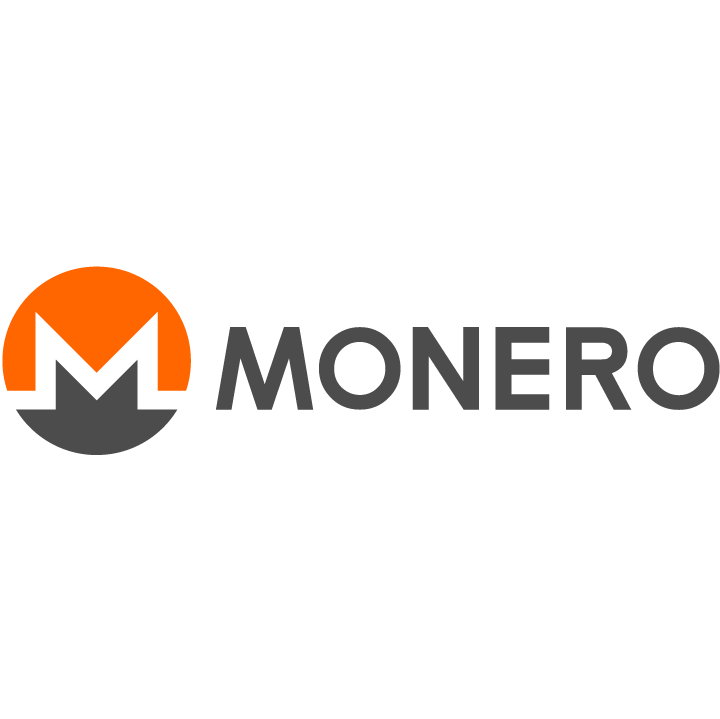Monero’s potential for anonymous real estate transactions and ownership
Monero is a privacy-focused cryptocurrency that offers its users strong anonymity and security features. It is based on the CryptoNote protocol, which uses ring signatures and stealth addresses to obscure the sender, receiver, and transaction amount in each transaction.
This makes it an attractive option for people who are concerned about their financial privacy and want to keep their transactions hidden from prying eyes.
One area where Monero’s anonymity features could be particularly useful is in real estate transactions and ownership. Real estate is a highly valuable asset, and the buying and selling of properties can involve large sums of money.
However, these transactions are not always as private as people might like them to be. Governments and other authorities may be able to track real estate transactions, and in some cases, ownership information is publicly available.
Monero’s anonymity features could offer a way to keep these transactions and ownership information private, giving buyers and sellers more control over their financial information and protecting them from potential security risks.
Here are some ways that Monero could be used for anonymous real estate transactions and ownership:
Anonymity in real estate transactions
When buying or selling a property, the transaction typically involves multiple parties, including the buyer, seller, real estate agent, and often a lawyer or notary.
This can make it difficult to keep the transaction private, as there are many people involved who may have access to sensitive information.
However, using Monero to conduct the transaction could offer a way to keep the details of the transaction private. Because Monero transactions are anonymous, no one outside of the buyer and seller would be able to see the transaction details, including the amount of money exchanged.
This could be especially useful in cases where one party wants to keep their financial information private, such as in high-value transactions or cases involving celebrities or other public figures.
Anonymity in property ownership
In many countries, property ownership information is publicly available, which means that anyone can see who owns a particular property.
This can be a security risk, as it can make it easier for criminals to target high-value properties or for people to be tracked based on their property ownership.
Using Monero for property ownership could offer a way to keep this information private. By using a Monero address to represent the property ownership, it would be difficult for anyone to link the address to a specific individual or entity.
This could help protect the property owner’s privacy and prevent them from being targeted based on their property ownership.
Protection against fraud and scams
Real estate transactions can be vulnerable to fraud and scams, such as when a fake seller offers a property for sale or when a buyer sends fake funds. Monero’s anonymity features could help protect against these types of scams by making it more difficult for scammers to track or steal the funds involved in the transaction.
For example, if a buyer were to send Monero to a scammer posing as a seller, it would be difficult for the scammer to link the Monero address to the buyer. This would make it much more difficult for the scammer to steal the funds or to use them for illegal purposes.
Global accessibility
Another benefit of using Monero for real estate transactions and ownership is its global accessibility. Monero is a decentralized cryptocurrency that can be used from anywhere in the world, without the need for a bank account or other financial institution.
This could be particularly useful in cases where a buyer or seller is located in a country with a less developed financial system, where it may be more difficult to conduct traditional real estate transactions.
No need for intermediaries
Finally, using Monero for real estate transactions and ownership could eliminate the need for intermediaries, such as real estate agents, lawyers, or notaries. Because Monero transactions are peer-to-peer, they can be conducted directly between the buyer and seller, without the need for a third party to facilitate the transaction.
This could make the process of buying and selling a property more efficient and less expensive, as there would be no need to pay fees to intermediaries.
It could also make it easier for people to buy and sell properties in a decentralized and trustless way, without relying on a centralized authority to oversee the transaction.
Challenges and limitations
While Monero’s anonymity features offer several potential benefits for real estate transactions and ownership, there are also some challenges and limitations to consider.
One challenge is the issue of regulatory compliance. Real estate transactions are often subject to strict regulations and oversight from governments and other authorities. Using Monero for these transactions could raise concerns about money laundering or other illegal activities, which could make it difficult to use the currency in certain jurisdictions.
Another challenge is the issue of adoption. While Monero has a growing user base, it is still relatively unknown compared to more mainstream cryptocurrencies like Bitcoin and Ethereum.
This could make it difficult to convince buyers and sellers to use Monero for real estate transactions and ownership, as they may not be familiar with the currency or understand its benefits.
Finally, there is the issue of technical complexity. While Monero is designed to be user-friendly, it still requires a certain level of technical knowledge to use effectively. This could be a barrier for some buyers and sellers who are not comfortable with using cryptocurrency or who do not want to go through the process of setting up a Monero wallet and learning how to use the currency.
